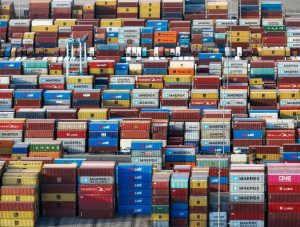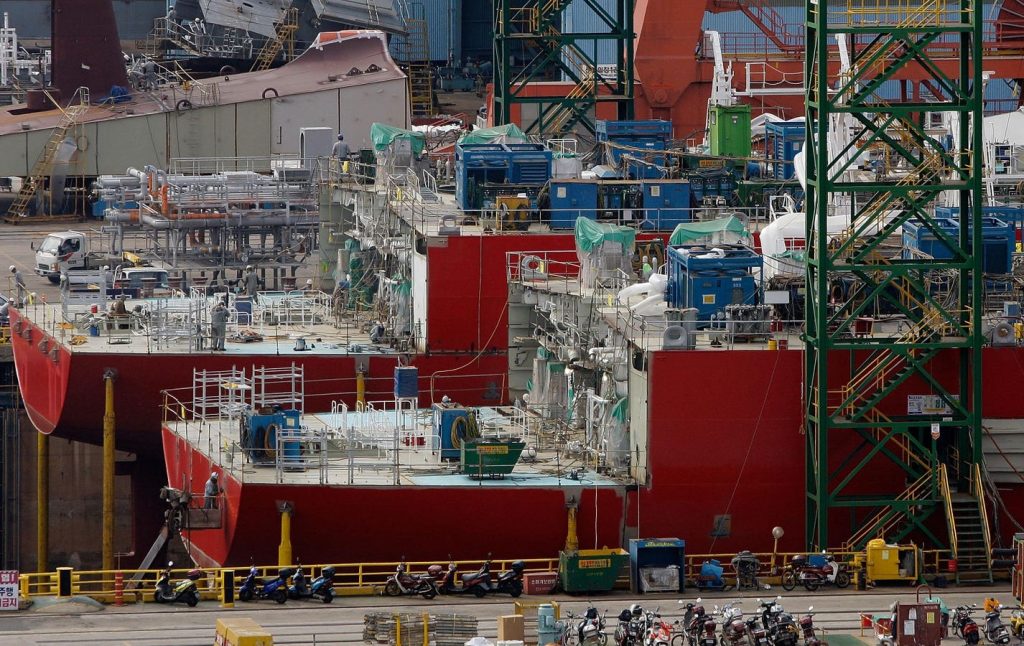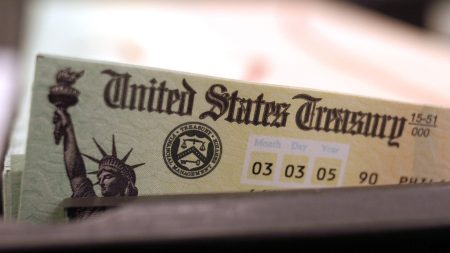The U.S. Secretary of the Navy, Carlos Del Toro, has expressed interest in South Korea’s shipbuilding capabilities, leading to the involvement of South Korean conglomerates in U.S.-based shipyards. However, concerns have been raised about the potential risks of emotional-driven foreign investments in U.S. shipbuilding. To ensure the success of South Korea’s investments, a collaborative and long-term approach is necessary from all stakeholders in American shipbuilding.
South Korea has been engaging with America’s shipbuilding industrial base through targeted investments and partnerships. While some companies, such as Hyundai Heavy Industries Co., have taken a measured approach, others, like Hanwha Ocean, are pursuing more aggressive strategies. Hanwha recently made an unsolicited bid for the Australian-based parent of Austal USA, one of America’s largest naval shipbuilders. Despite initial resistance, the Australian government has shown support for Hanwha’s ownership of Austal USA.
Austal’s fragile financial position and pending legal issues make an offer from Hanwha appealing to stockholders. However, foreign investment in established U.S. shipyards comes with significant challenges, as seen in past failed attempts by other foreign companies. Managing Foreign Ownership, Control, or Influence regulations and dealing with classified contracts are just a few obstacles that must be navigated. American shipbuilders also face competitive disadvantages due to restrictive bureaucracies and lack of government support.
While South Korean shipyards are known for their competitiveness and modern technology, they are not a cure-all for American shipbuilding woes. Mistakes can still happen, as seen in the failure of two South Korean-built LNG tankers. Instead of acquiring struggling U.S. shipyards, South Korean companies could consider investing in new, modern shipyards in collaboration with the U.S. Navy. This approach could lead to the development of a healthy business producing civilian and military ships, while also encouraging the adoption of pro-shipbuilding policies.
The message is clear that investing in new shipyards, rather than trying to improve troubled existing ones, may be a more viable long-term strategy for a successful U.S.-South Korea maritime relationship. By focusing on organic growth and solid performance, South Korean shipbuilders can leverage their experience with American automakers to build a strong presence in the U.S. shipbuilding industry. Ultimately, a smart bet on new shipyards could pave the way for a prosperous partnership between the two countries in the maritime sector.















